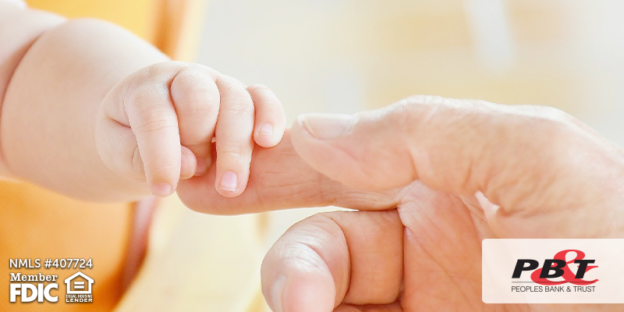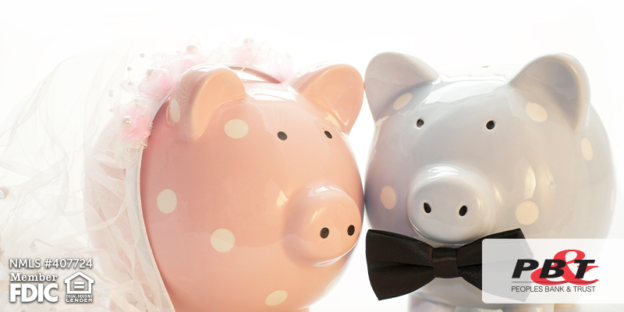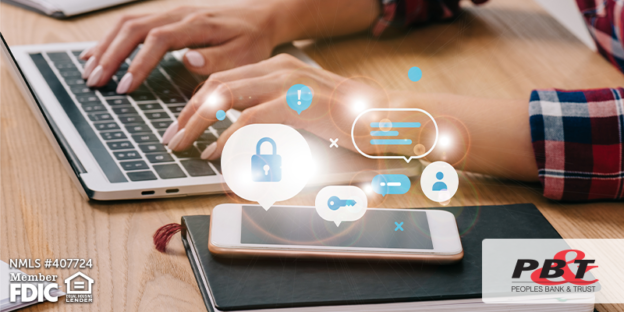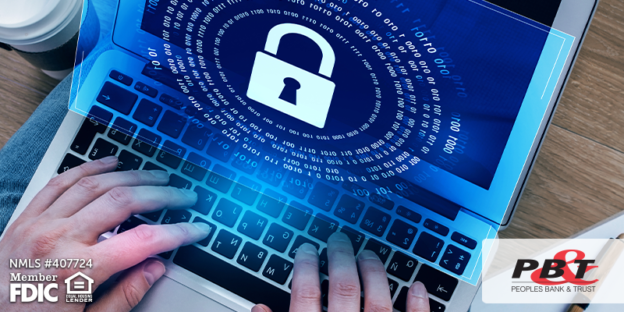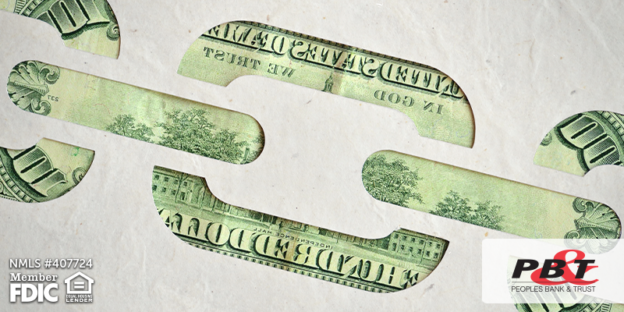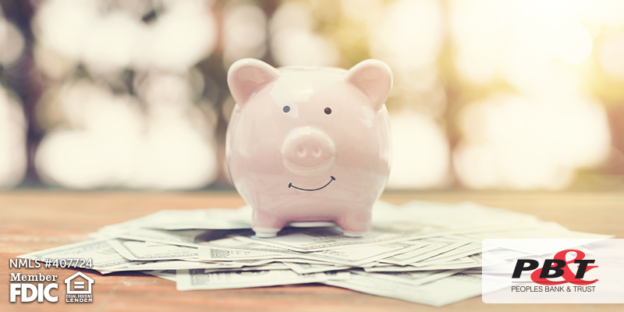Entering parenthood can be one of the most exciting yet scary times in life. The financial aspect of raising children is just one small piece to the parenting puzzle, but it’s an important piece. We’re here to help you make smart money choices you might not have thought to make.
1. Re-think Your Budget
Budgeting for two is completely different than budgeting for a family of three. The list of supplies needed for a baby is long and continues to grow as the baby gets older. Spend time sitting down with your partner to map out a new and improved budget for when the baby arrives.
2. Get Rid of Debt
It’s easier said than done, but if you’re in debt, getting rid of it before your baby arrives will be extremely beneficial. Not only will the debt still be lingering until you pay it off, but on top of that, you now have a baby’s expenses to pay for. Don’t let the baby purchases add to the pile of debt you’re in – instead, try to remove your debt before the baby even arrives.
3. Start a College Fund
Although it may sound like you’re getting ahead of yourself by saving for your newborn’s college tuition already, your future self will be thankful. 18 years goes by faster than you think and the cost of college continues to grow as time goes on. The sooner you start saving, the less stressful paying for tuition will be down the road.
4. Don’t Forget About Retirement Planning
Just because a new member is entering the family doesn’t mean you should put your future on the back burner. Remember to make your retirement fund a priority, too. Not only will this be of benefit to you, but it will take the financial stress off of the entire family’s shoulders in the future. Grow your money with compound interest by starting sooner rather than later!
5. Increase Your Emergency Fund
Just as your budget changes when you have a child, so should your emergency fund. With another person in the house comes more possibilities for an emergency to happen, so you’ll want to be prepared. Increase the emergency fund you currently have to have greater peace of mind when disaster strikes.
Exciting times are ahead and with a new baby comes great joy. Becoming a parent can be scary, but with some planning, you’ll feel well prepared and excited. We hope this financial advice will benefit you and your growing family in the years ahead.
Peoples Bank & Trust Co.
Member FDIC
Equal Housing Lender


